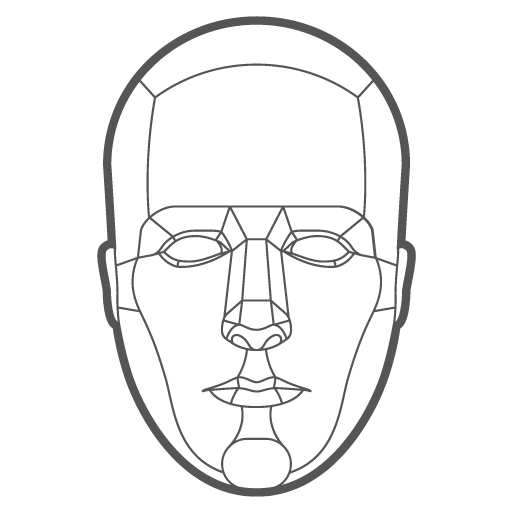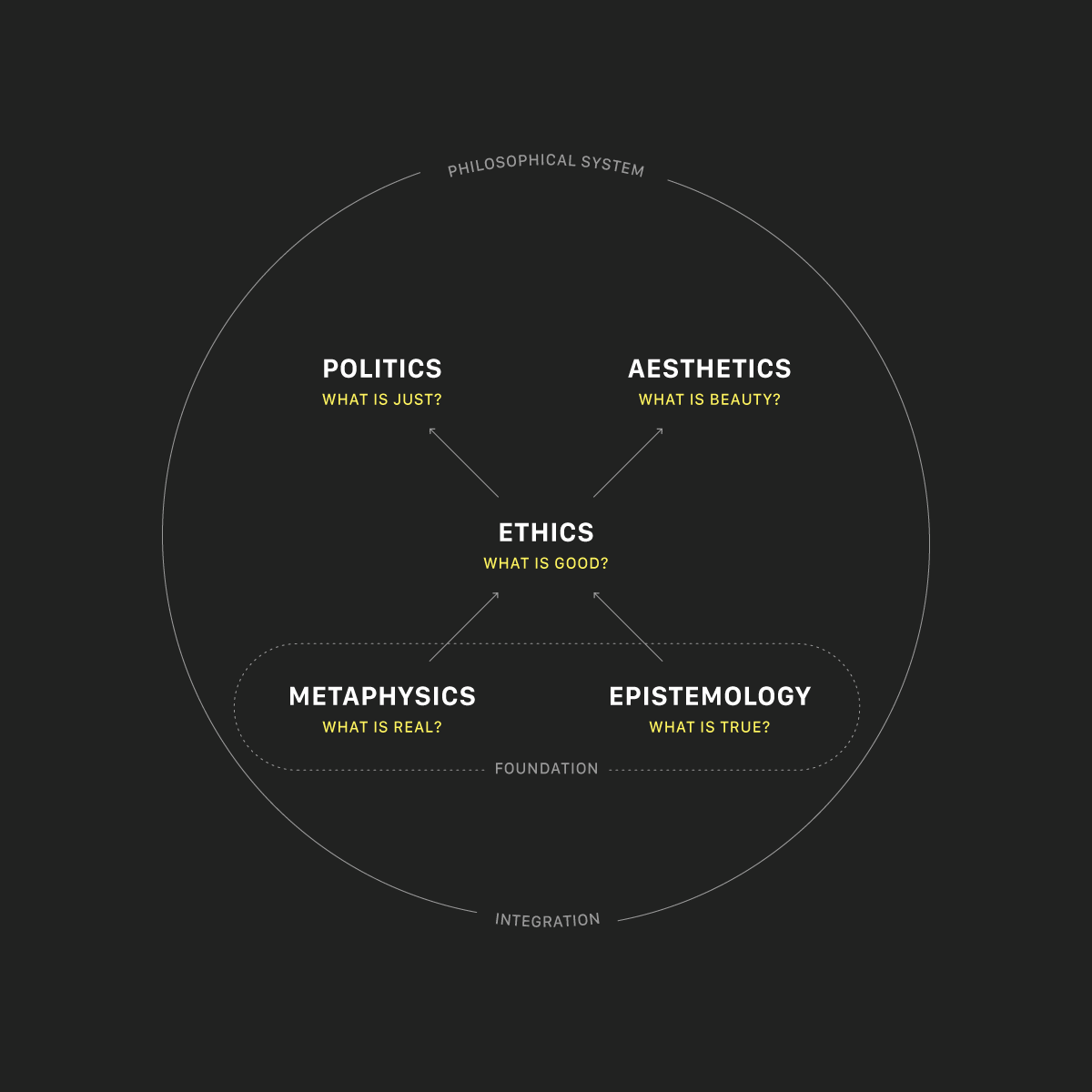In my last post I talked about the distinction between "word to world" direction of fit and the "world to word" direction of fit. Word to world means that our words match the way the world is in reality. World to word means that the world changes to match our words. (Fig 1). This distinction seems necessary to understanding how language relates to reality.
I understood these concepts best when learning about the different ways that language can be used. This post will state and analyze the various uses of language. The philosopher John Searle argues that there are 5 and only 5 ways that language can be used. There are Assertives, Directives, Commissives, Expressives, and Declarations. These uses of language are called speech acts.
Assertives
Assertives are utterances intended to tell you how things are in the world. They are representations of reality. An assertive is a speech act that commits the speaker to the truth of a proposition. Assertives are either true or false and have the world-to-word direction of fit. Assertives refer to statements, descriptions, classifications, explanations, and clarifications.
Examples of assertive speech acts include:
Socrates is bald
2 * 2 * 2 = 8
All men are mortal
Donald Trump is the president of the United States
Directives
These are attempts by the speaker to try to get the hearer to do something. Correct uses of directives must always refer to future voluntary acts. It would be nonsense to tell someone to do something in the past or to do something that is impossible. Directives are not true or false like assertives, but they are obeyed or disobeyed. Directives include orders, commands, requests and refer to pleading, begging, praying, insisting, and suggesting. Directives have the word-to-world direction of fit.
Examples of directive speech acts include:
Please bless my family
Go to your room
Pass the salt
vote for me
Commissives
Commissives commit a speaker to some future voluntary action. Commissives reveal the intention of the speaker. It would be nonsense to say I promise to come and see you but I don't intend to see you. Commissives refer to vows, threats, pledges, guarantees, contracts, promises, covenants, and oaths. An offer is also a commissive but it only commits the speaker to some action upon the condition of the offer being accepted. Like directives, commissives also have the word-to-world direction of fit.
Examples of commissive speech acts include:
I promise to exercise every day
I now covenant with thee
I solemnly swear to tell the truth
I'll be there at 10 o'clock
I'll give you 5 dollars for the watch
Some commissives are not promises to an individual but just a commissives in general such as
I Pledge of Allegiance to flag
We pledge our lives, our fortunes, and our sacred honor
Expressives
Expressives reveal the speaker's attitudes and emotions towards a particular proposition. Expressives include thanking, apologizing, congratulating, and welcoming. The direction of fit doesn't apply to expressives because the direction is presupposed. John Searle calls this the Presup direction of fit. In the case of "thank you for giving me the money" for instance, it is presupposed that the speaker did receive money from the hearer.
Examples of expressive speech acts include:
Thank you for giving me the money
congratulations on marrying a libertarian
I apologize for stepping on your face".
Other types of expressives use the subjunctive or optative mood such as:
would that the politicians were more righteous
if only it rained more often."
Bearing religious testimony can be an expressive such as in the phrase
I believe in God".
In that case it isn't necessarily the purpose to assert that God exists or get the congregation to do something but to simply express one's own conviction or faith.
Declarations
Declarations are the most interesting type of speech act, because they are the foundation for human society. Declarations are utterances that change the world by representing it as being so changed. A rough test to see if something is a declaration is if you can add the word "hereby" in front of it as in "I hereby declare war on your country." Declarations have a double direction of fit.
Examples of declaration speech acts include:
this meeting is adjourned
I now pronounce you husband and wife
This note is legal tender for all debts public and private".
More than one category can be applied to a single speech act. For example the utterance, "I promise to come and see you," is both a commissive and a declaration because it is committing the speaker to a future action and it is making the utterance a promise by declaring it to be a promise. Understanding these categories of speech acts is necessary to understanding how language relates to reality.



